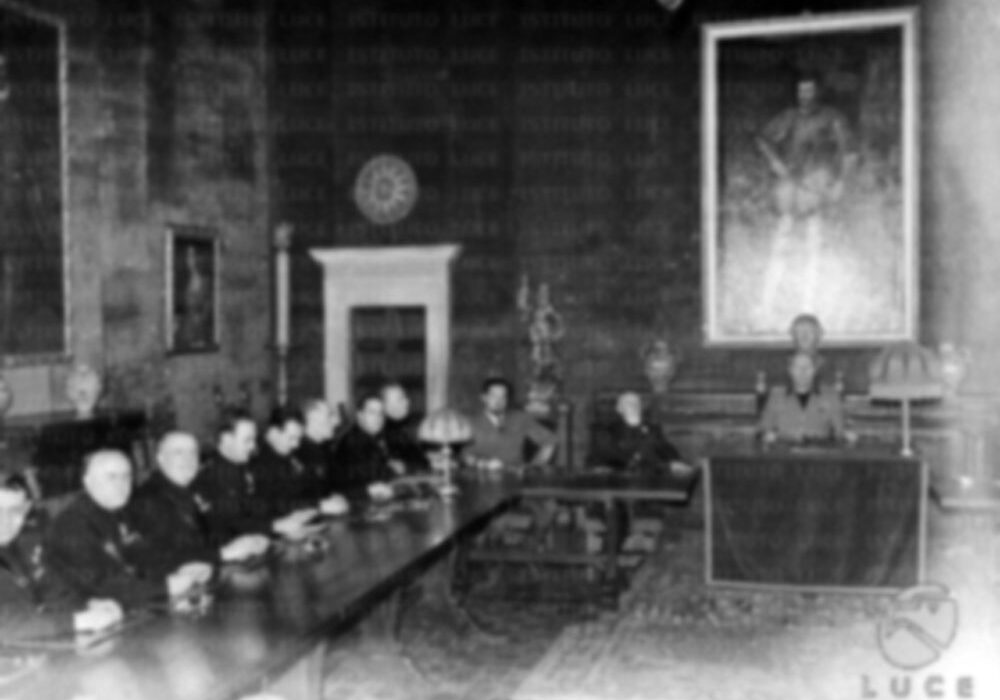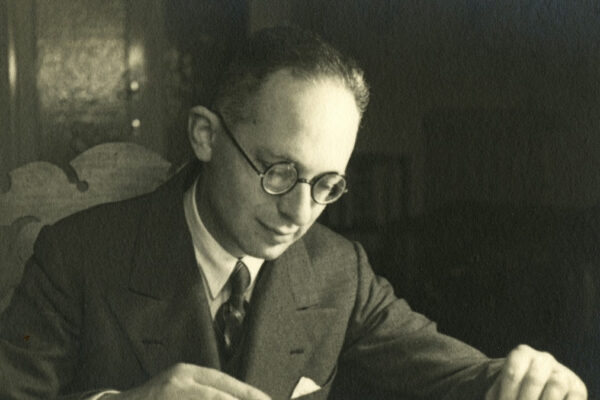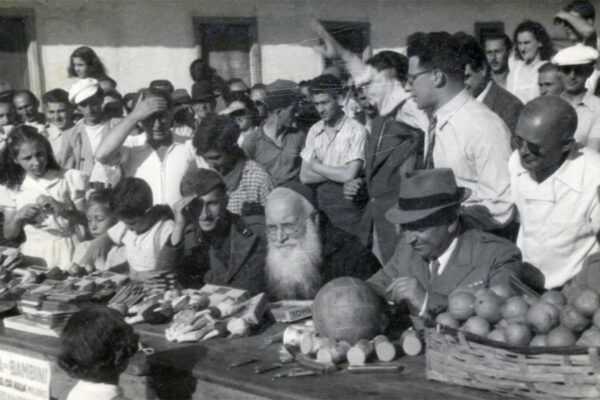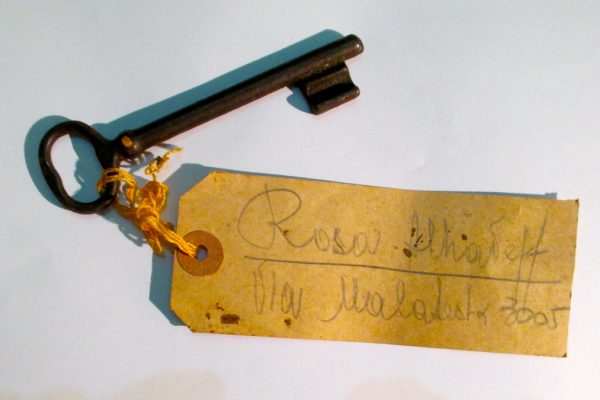Giorgio Fabre. Il Gran Consiglio Contro Gli Ebrei 6-7 0ttobre 1938: Mussolini Balbo e il regime. Il Mulino, Bolgna 2023.
Giorgio Fabre has participated in Centro Primo Levi’s ongoing research on Italian Fascism. Among his publications: L’elenco, Zamorani, Torino 1998; Mussolini razzista, Garzanti, Milano 2005; La cacciata degli ebrei dallo Stato italiano nei protocolli della Corte dei Conti 1938-1943, with Annalisa Capristo, il Mulino, Bologna 2018; Il razzismo del Duce, Carocci, 2021.
Through an in-depth analysis of recently emerged documents, Giorgio Fabre’s latest book sheds new light on the discussions that preceded the implementation of the Italian racist laws in the Fall of 1938 among the echelons of the Fascist Party and, specifically, on the role of Italo Balbo. The focus is on the infamous Declaration on Race issued following a meeting of The Grand Council of Fascism held on October 6 and 7, 1938. The document was well known (among others, Renzo De Felice had written about it extensively in Storia degli ebrei italiani sotto il fascismo,1961). Yet, how it came into being and the discussions around its final draft were unknown.
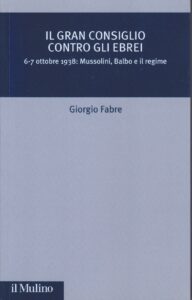 Fabre’s research hinges on a close review of a document only recently made available by the Italian Central State Archive: Italo Balbo’s own annotated copy of a mimeographed draft of the Declaration on Race prepared by Mussolini for the highest council of his regime. The document (reproduced in the book) bears blue and red pencil marks and annotations in Balbo’s handwriting.
Fabre’s research hinges on a close review of a document only recently made available by the Italian Central State Archive: Italo Balbo’s own annotated copy of a mimeographed draft of the Declaration on Race prepared by Mussolini for the highest council of his regime. The document (reproduced in the book) bears blue and red pencil marks and annotations in Balbo’s handwriting.
The book consists of an introduction followed by nine chapters of hypothesis and analysis and concluding with a rich documentary appendix with Balbo’s mimeograph copy; Mussolini’s copy; The final draft approved by the Grand Council; an autographed copy of the Declaration; selection of press clippings from the following days, and the limited version of the Declaration available to De Felice in the 1960s.
In the author’s view, the centrality and crucial importance of the Declaration on Race, “perhaps the most important theoretical” document of Fascism on the racial issue,” warrant such detailed discussion.
Balbo’s annotations allow Fabre to formulate some crucial hypotheses regarding the course of the discussion,
The 35 changes highlighted by Fabre, between the version distributed for discussion and the final one – imply that heated debate had taken place and that Mussolini, by mediating compromises, wanted to reach the approval of a final document. Further, the author argues that the discussion of this matter at the Grand Council effectively points to the involvement of the entire leadership of the regime in racist politics.
By showing Italo Balbo’s role in the discussion toward the final draft of the Declaration on Race, Fabre gives the reader a strikingly different image of how Balbo has been depicted. After his premature death in 1940, Balbo —often referred to as the Marshal of The Air Force— had been described as hostile or at least impotently opposed to the notorious “measures for the defense of the race” of the regime.
This work is essential reading for anyone studying the development of Mussolini’s regime’s “theoretical basis” attitudes and legislative measures against the Jews.


